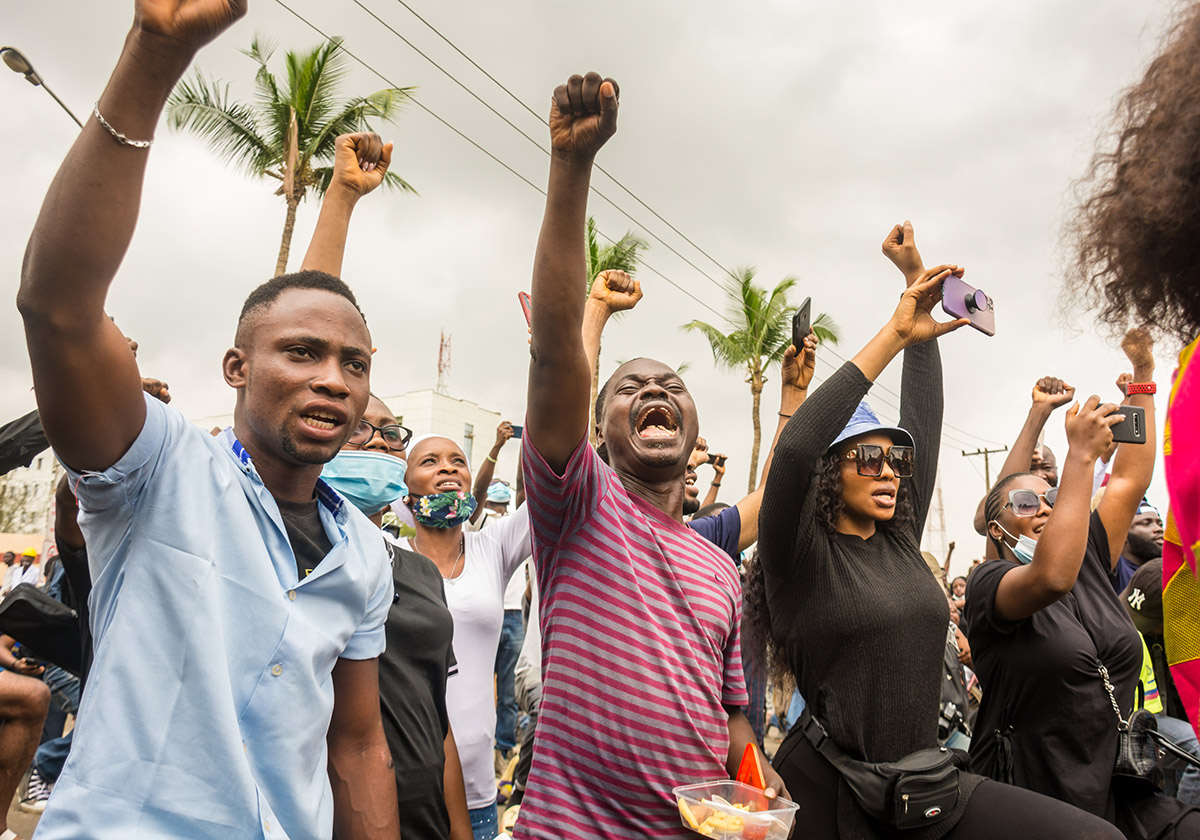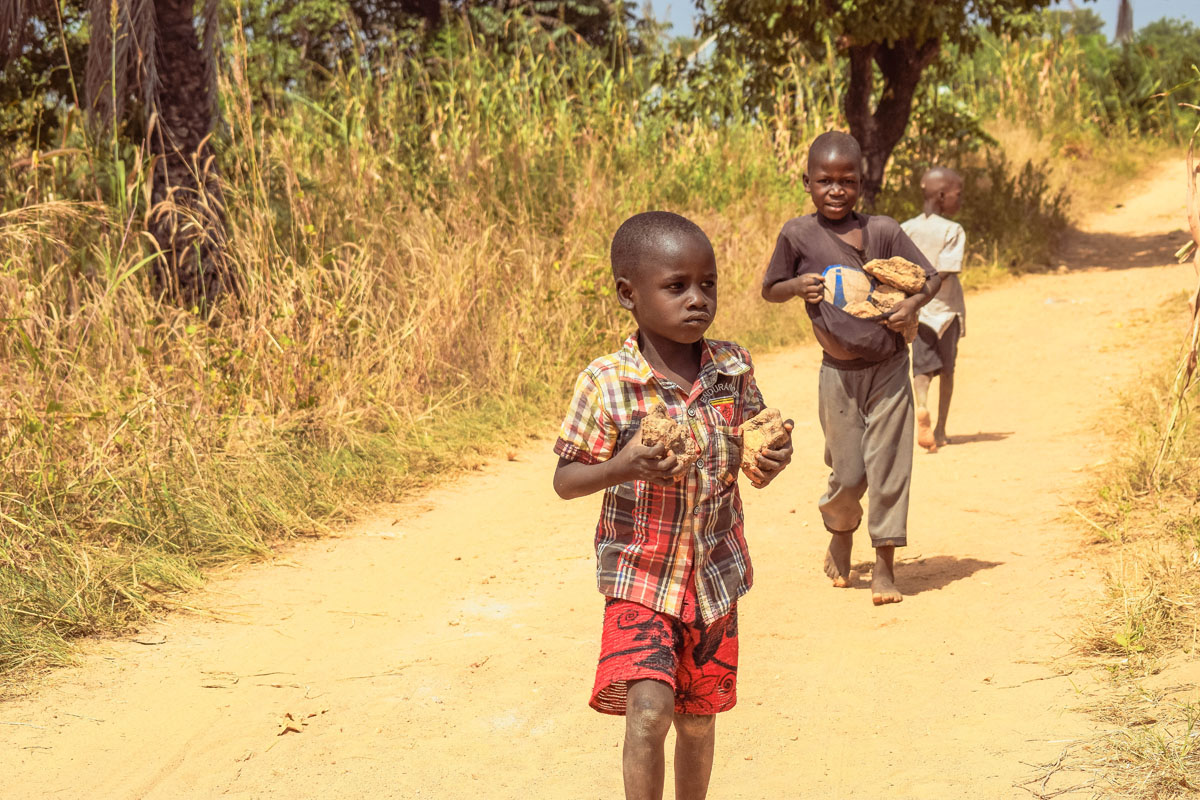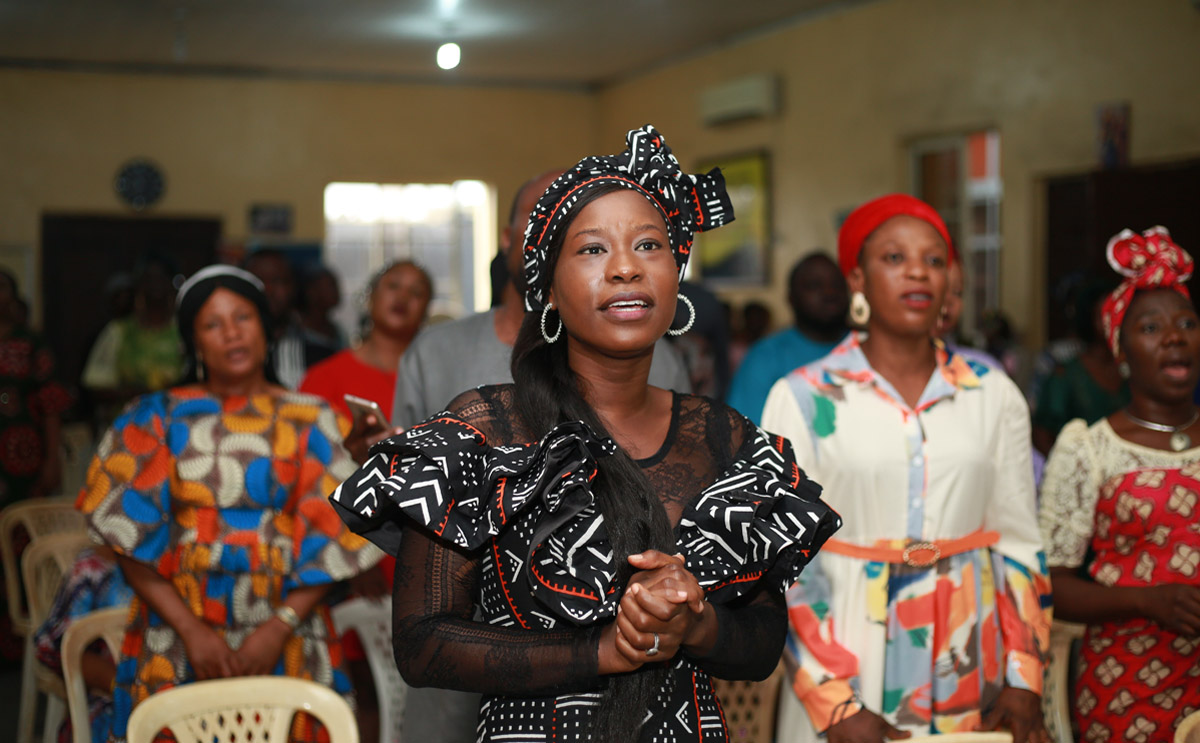Healthcare is a basic human right but in Nigeria, where most people live in rural areas and have no health insurance, access to care is a huge problem. Kelechukwu Iruoma, 23, a Correspondent from Lagos in Nigeria, writes about journalists trained on reporting health-related issues, especially the Community-Based Health Insurance Scheme, to ensure that rural …
Tag: Nigeria
Nigeria’s growing challenges call for more youth activism
December 16by Similoluwa Ifedayo Youth activism is a powerful force for addressing pressing societal issues. Ni …
Nigeria’s growing challenges call for more youth activism Read More »
Read moreFostering Ethno-Religious Tolerance in Nigeria Amongst Youths
April 19by Victor Okechukwu Chimezie Nigeria, with a population of over 220 million, is a highly diverse nat …
Fostering Ethno-Religious Tolerance in Nigeria Amongst Youths Read More »
Read moreEducation is perceived to be a tool for unlocking the world of ignorance. But as Oluwasegun Olakoyenikan, 22, a Correspondent from Benin City, Nigeria, writes, studies show no strong connection between level of education and awareness about – or support of – female genital mutilation. It was just a few years into her induction as a …
Nigeria’s motion for independence was supported by a unified aim to dislodge foreign powers from the helm of affairs. Yet Olawole Olakunle, 23, a Correspondent from Lagos in Nigeria, argues that Nigeria has failed to achieve the glory it could realise as a great nation. It’s important to note that at one point in time, the …
Health-related absences have marked this term of presidency in Nigeria. Oluwafemi Ogunjobi, 25, a Commonwealth Correspondent from Nigeria, looks at the facts and the impact on government and the public. The latest news about Nigeria’ President, Muhammadu Buhari is that he will now function as the commander in chief from the comfort of his room, according …
Technology is booming, but is not equally available to all citizens. Musa Temidayo, 26, a Commonwealth Correspondent from Nigeria, looks at bold new technology that connects people to services, increases accountability and manages scarce resources. The ubiquitous existence of technology, in my opinion, has a potential to fundamentally transform the delivery of public services in …
Oluwasegun Olakoyenikan, 22, a Correspondent from Benin City, Nigeria, makes the case for an open state budgeting system, arguing that it will improve the level of transparency and accountability in governance. A budget is considered open if citizens have access to budget documents and a high level of involvement in the budgetary process. Corruption in many …
While Nigeria’s new policies for tracking corruption are having results, Alabidun Sarat, 22, a Correspondent from Lagos in Nigeria, reports continuing problems with internship funding. She calls for continued pressure to ensure youth receive the support they have been promised. Recently the Nigerian government invented the whistle blowers policy. This policy was created to put corruption …
Gender-based violence reportedly affects an alarming one in five Nigerian women aged 15-24 years. Kelechukwu Iruoma, 23, a Commonwealth Correspondent from Lagos in Nigeria, writes that experts at a recent Rotary International Nigeria public lecture offered some solutions to GBV. Gender-Based Violence (GBV) or ‘violence against women’ are terms that are often used interchangeably as most gender-based …
Some believe that the cause of economic contraction in an economy is negative economic shock such as war or drought, writes Samasi Anderson, 20, a Correspondent from Bayelsa State in Nigeria, who argues the cause can also be related to inadequate management of production and markets. Adequate management of an economy is conscientious of economic history …
Video games are a well-established part of popular culture. Musa Temidayo, 26, a Commonwealth Correspondent from Nigeria, takes a look at a soon-to-be-launched video game that harnesses the fun of gaming to encourage youth involvement in civic democracy. The road to increasing youth participation in governance is not a one-way street. Gaming is another tool that …



